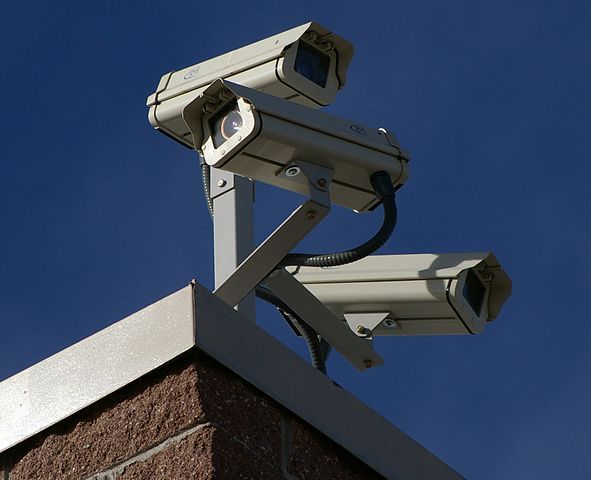Three out of four of the hundreds of surveillance cameras throughout Copenhagen which contributed to the tracking down and subsequent shooting by the Copenhagen Police of terrorist Omar El-Hussein were being operated illegally, according to a new report released by DR Nyheder.
“Copenhagen Police estimate that up to 75 percent of the camera-collected video material from areas where monitoring is not allowed by law,” read the report prepared by Rambøll for national police force Rigspolitiet.
No fines forthcoming
Violations of the CCTV Act are a police matter, but the authorities have thus far declined to prosecute the violators.
“We do not think it’s fair to say one day, ‘Hello, we are from the police, we’re looking for a terrorist, may we see your video’ and then show up the next day with a fine,” Jørgen Bergen Skov, chief superintendent of the Copenhagen Police told DR Nyheder.
The surveillance videos were the source of a photo of El-Hussein and they also helped locate him as he attempted to elude police.
Voluntary registration
Reports have emerged that it required an enormous amount of resources to obtain the surveillance material and that it was difficult for officers in the field to use the information, so police are asking that the city’s private security cameras be registered.
They are asking the owners of the cameras to confirm their location and provide contact details in case the authorities should need to access footage, saying it will help them solve more crimes.
READ MORE: NSA surveillance foiled Jyllands-Posten terrorist attack, US says
The one-year pilot program is voluntary and it is up to the owners of the cameras to report the equipment to the police.
Skov said that his department is not looking to use the registry to track down or fine those operating cameras illegally.
















